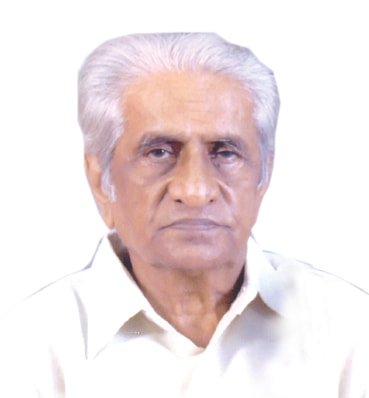|
Dr.H.M. Marulasiddaiah, Retired Professor of Social Work, Bangalore University Dr. Hemalatha: NAAC (National Assessment and Accreditation Council)considers Field Action Project’s (FAPs) as a criterion for assessment of institutions of social work, your reaction to this Prof HMM: I whole heartedly welcome the criterion such as this as part of assessing social work institutions. Social work department cannot claim to be professional department without their own labs. This is akin to medical colleges without hospital facilities. Every school must have FAPs one urban and one rural. Dr. Hemalatha: What is the role of FAPs in a practice based profession such as social work
Prof HMM: Field work is badly organised in many of the schools of social work. There is no compatibility between expectations of the institution, the agency and the student’s need for learning. It becomes imperative to have FAPs as part of the departments to train students. FAPs provide the scope for intensified practice. Schools of social work can choose any local issue/ area to initiate FAPs. Ample examples are found in projects relating to children, women, services for the aged, counselling etc Environmental issues, organic farming, solid waste management are newer fields which can be explored. The FAPs can also be useful to resolve controversies surrounding community organisation, community development and social development. In explaining the context of FAPs Prof HMM expressed his views on the uniqueness of the development of social work in the oriental regions. Against the philosophy of democracy The developed world saw the development of social work in the socio political backdrop. Social work developed in these regions against the philosophy of democracy where individual freedoms were fundamental. Methods and techniques were all individual oriented. Case work practice thus becomes very important. The development of social world in the socialistic worked was more socioeconomic in context. Community development became paramount and the individual interest was subordinate to the interests of the community. The socialistic ideology dominated social work in this part of the world In the oriental context the socioreligio spiritual roots seem to be very strong. The group becomes very important here. Be it the family, kinship, panchayat systems or communities. These groups include both the individual and the community. This perception becomes clear when we look at the nature of our communities through the eyes of outsiders. When western students study our communities, they are astonished by the essential ‘we’ feeling found in them. The ‘helping nature’ seems to be ingrained in the Indian psyche. Prof HMM feels that we have to amend the social work orientation in India to include the essential cultural and spiritual strengths of our communities. This he feels has to be reflected in the FAPs undertaken in schools of social work. If the waves of globalisation are attacking the helping fabric of Indian communities, FAPs should help rebuild them. Methods of social analysis, understanding felt needs become important. The bottom-up approach primarily relying on people’s participation is our strength. These should guide our FAPs. |
Categories
All
Social Work Learning Academy50,000 HR PROFESSIONALS ARE CONNECTED THROUGH OUR NIRATHANKA HR GROUPS.
YOU CAN ALSO JOIN AND PARTICIPATE IN OUR GROUP DISCUSSIONS. MHR LEARNING ACADEMYGet it on Google Play store
|
SITE MAP
SiteTRAININGJOB |
HR SERVICESOTHER SERVICESnIRATHANKA CITIZENS CONNECT |
NIRATHANKAPOSHOUR OTHER WEBSITESSubscribe |
MHR LEARNING ACADEMY
50,000 HR AND SOCIAL WORK PROFESSIONALS ARE CONNECTED THROUGH OUR NIRATHANKA HR GROUPS.
YOU CAN ALSO JOIN AND PARTICIPATE IN OUR GROUP DISCUSSIONS.
YOU CAN ALSO JOIN AND PARTICIPATE IN OUR GROUP DISCUSSIONS.
|
|







 RSS Feed
RSS Feed





